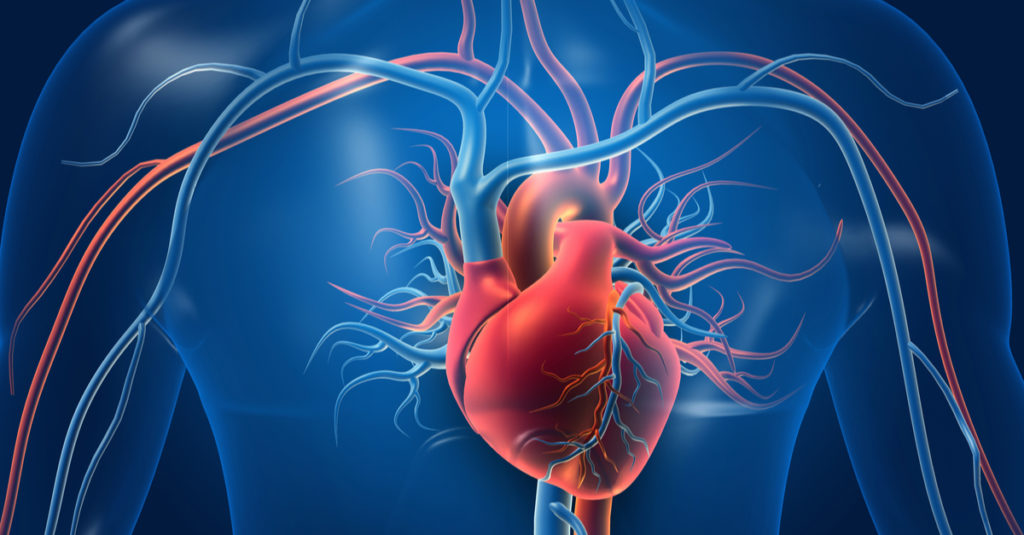
Protect Your Heart with Turmeric: What You Need to Know
Protect Your Heart with Turmeric: What You Need to Know
Are you tired of hearing the same old advice about eating a healthy diet and exercising regularly to protect your heart? Well, it's time to spice things up with turmeric! Yes, you read that right. This vibrant yellow spice that's commonly found in Indian and Middle Eastern cuisine has been shown to have heart-protective properties. So, let's dive into what you need to know about this powerful spice and how it can benefit your heart health.
What is Turmeric?
Turmeric is a spice that comes from the turmeric plant, which is native to India and Southeast Asia. It has been used for thousands of years in traditional Ayurvedic and Chinese medicine for its medicinal properties. Turmeric is made from the root of the turmeric plant, which is dried and ground into a powder. It's commonly used as a spice in curries, but it's also used as a natural dye and a medicine.
The active ingredient in turmeric is called curcumin, which is what gives the spice its vibrant yellow color. Curcumin has been studied extensively for its health benefits, including its ability to reduce inflammation and oxidative stress in the body.
How Does Turmeric Benefit Your Heart Health?
Now, let's talk about how turmeric can benefit your heart health. First and foremost, turmeric has anti-inflammatory properties, which can help reduce inflammation in the body. Chronic inflammation has been linked to the development of heart disease, so reducing inflammation can be beneficial for overall heart health.
In addition to its anti-inflammatory properties, curcumin has also been shown to have antioxidant properties. Antioxidants help protect the body from damage caused by free radicals, which are unstable molecules that can damage cells and contribute to the development of chronic diseases, including heart disease.
Turmeric has also been shown to improve the function of the endothelium, which is the lining of the blood vessels. Dysfunction of the endothelium is a key factor in the development of heart disease, so improving its function can be beneficial for heart health.
Furthermore, turmeric has been shown to lower cholesterol levels, which is another risk factor for heart disease. A study published in the Journal of Lipid Research found that curcumin can lower cholesterol levels by reducing the production of cholesterol in the liver and increasing the excretion of cholesterol from the body.
Lastly, turmeric has been shown to have blood-thinning properties, which can help prevent blood clots from forming. Blood clots can lead to heart attacks and strokes, so preventing their formation is crucial for heart health.
How to Incorporate Turmeric into Your Diet

Now that you know about the heart-protective properties of turmeric, you may be wondering how to incorporate it into your diet. Luckily, there are plenty of delicious ways to add turmeric to your meals.
One of the easiest ways to use turmeric is to add it to your morning smoothie. Simply blend together a handful of spinach, a frozen banana, almond milk, and a teaspoon of turmeric for a delicious and nutritious smoothie.
You can also add turmeric to soups, stews, and curries for a flavorful and heart-healthy boost. Another easy way to use turmeric is to make turmeric tea by steeping a teaspoon of turmeric in hot water with a slice of ginger and a squeeze of lemon.
If you're not a fan of the taste of turmeric, you can also take turmeric supplements. Look for supplements that contain at least 95% curcuminoids, which are the active compounds in turmeric. Always consult with your healthcare provider before starting any new supplement.
Conclusion
In conclusion, turmeric is a powerful spice that can benefit your heart health in numerous ways. Its anti-inflammatory, antioxidant, and blood-thinning properties make it a valuable addition to any heart-healthy diet. Whether you incorporate turmeric into your meals or take it in supplement form, it's worth considering as part of your heart health routine. So, spice things up and give turmeric a try to protect your heart and improve your overall health.
